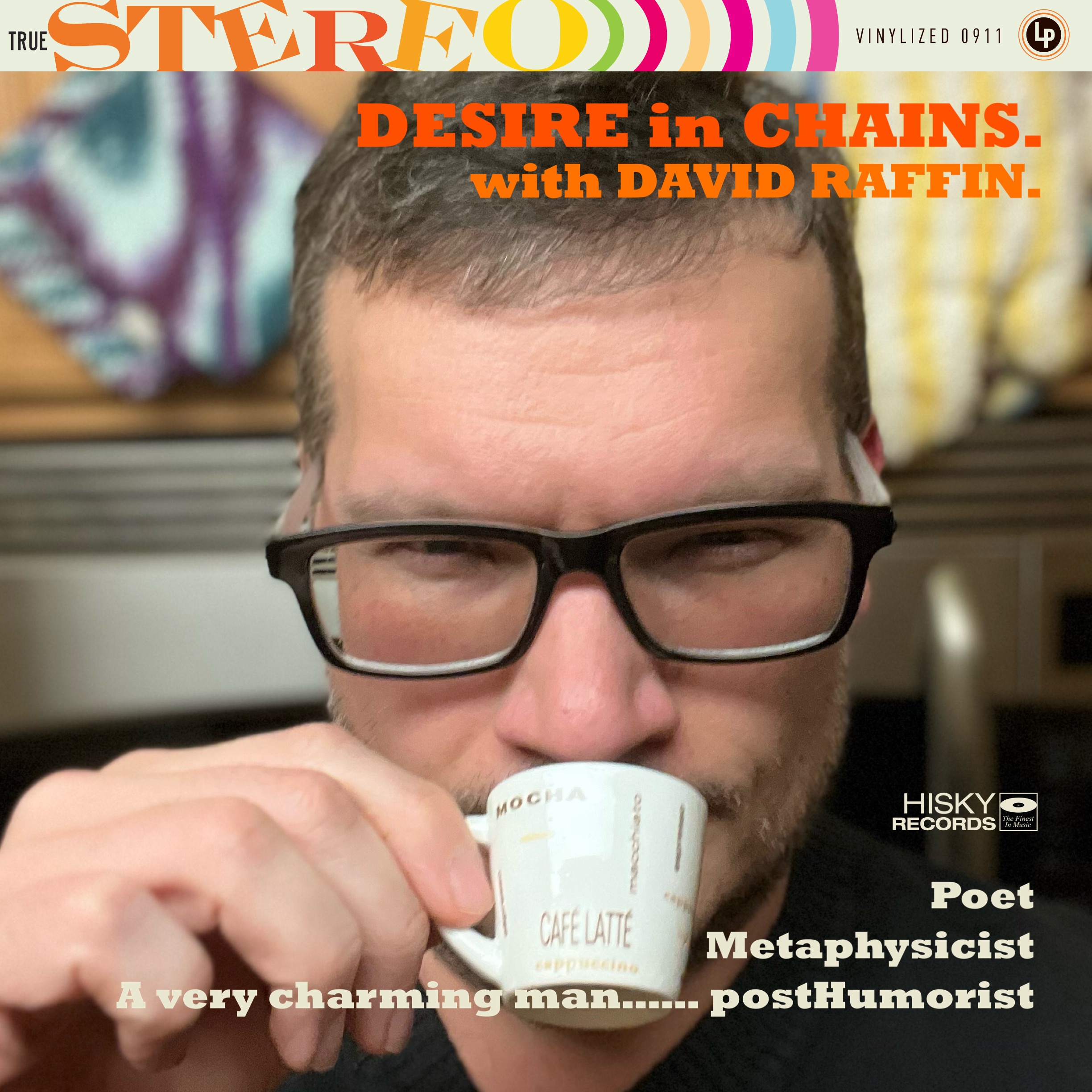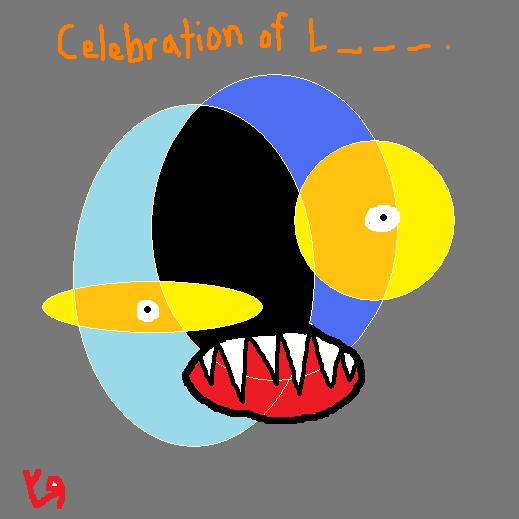David Raffin
Hitler brand ice cream

Hitler tips his Uncle Sam style swastika hat, angrily. He hates you, but he sells ice cream if you dare eat it. via
In India they have Hitler ice cream.
The business professor came into class, sat his books down and stared at his students. He waited a few moments, then said, in a loud and clear voice, “The first rule in business is never name your product line after Hitler.”
One of the students was incredulous. “Is this something that really has to be taught?”
The business professor looked to the side sardonically.
Another student asked, “What if it’s really clever?”
“No.”
Another student asked, “What if the art is really great? I mean really really great?”
“No.”
A third student said, “What if it’s ice cream? Or some sort of candy treat?”
The business professor stood for a moment silently, dumbstruck. He did not know what to say.
The ice cream CEO came into the board room and slammed his hand on the desk. “I need this ice cream to be the most delicious ice cream that has ever been eaten by man! I need it to be so good we could get away with putting Hitler on the package! I don’t think I’m asking too much here.”
Banana facts
The banana is a berry. It is mildly radioactive. It is often the subject of lowbrow humor. Consuming banana may alter dopamine levels. In Thailand they are said to be haunted.
What is good
Flipped through a marketing book. I don’t have much love for either marketing or self-help books. I always marvel at how they take so many pages to say so little. Once I skimmed through a book filled with “information” and condensed it down to two pages. Sprinkled over 300 odd pages were two pages of useful information.
Anyway, the marketing book said this:
(and I am paraphrasing it better than they did)
“In todays world to be mediocre is to be good, to be competent is to be astounding beyond comprehension.”
I had a friend who wrote a philosophy textbook he wanted me to read over before it was printed. It was called “What is Good.” I think he would have enjoyed that little soundbite. Not the book I gleaned it from.
Searches at the Spaceport
At the end of every space mission the astronauts are debriefed. If they are clear of any space fungus their pants are then returned to them.
Referring to the invasive space fungus as “space mushrooms” is completely inaccurate. A sentient fungus which loves pants is no mushroom.
I was promised a moon colony, a Mars colony, and a one world government.
And instead of this, every time I reenter Earth’s jurisdiction, even after only leaving for a day or two, I have to surrender my pants.
It is sad that this is the only thing the governments of Earth cooperate on. The continual harassment of those who explore space.
I tell you, it makes the space fungus seem reasonable. For what have they ever done to us? Other than seek warmth?
Full Shatner on Shatner Action
 I wrote this review of Shatnerquake by Jeff Burk in 2009 and I stand by it. Perhaps even more so now than ever before.
I wrote this review of Shatnerquake by Jeff Burk in 2009 and I stand by it. Perhaps even more so now than ever before.
Jeff Burk’s Shatnerquake is the finest story ever told containing multiple William Shatners. Lesser authors have been shackled before now with writing only one role for Shatner. This is understandable, in the field of television and film, for logistical reasons. However, this has never been the case in the literary realm and Burk has led the way here with both great panache and bloodletting.
Unsatisfied with a single Shatner, Burk here provides a wall of Shatners. A smorgasbord of Shatners. Indeed, every possible variation of Shatner is set upon onlookers, each other, and the reader. No one is safe, let alone Shatner.
While some people have, in the past, mocked Shatner, deriding his skill as a thespian, song stylist, or margarine spokesman, Burk has shown that the problem has never been one of too much Shatner, rather too little. Free of casting limitations the literary form allows for full Shatner on Shatner action. At last Shatner is presented on a level playing field, where characters are of the same caliber.
With Shatnerquake, Burk has solved the Shatner dilema, which has plagued man since 1951, and he shall be remembered forever for this.
Denny Crane!
[amazon asin=B002AJ8812&template=iframe image]
Flowers for Algernon
Author Daniel Keyes died last year. He wrote the masterpiece Flowers for Algernon which was first published as a short story in 1959 and later expanded into a novel.
Flowers for Algernon was part of the new wave of psychological science fiction, its story slightly set in the future and eschewing rockets and other planets instead giving readers an epistolary story presented as the journal of a man with an IQ of 68 before and after an operation to increase his intelligence by three hundred percent.
The book is on the American Library Association’s list of 100 most challenged books, wherein librarians track the efforts of non-readers to prevent children from reading. Labeling the book as “filthy and immoral” is, in fact, a high recommendation, especially to teenagers.
It was required reading when I was in the seventh grade, to the consternation of one classmate who was angry that “They want to make me read a book written by someone who can’t spell.”
The book is actually about self realization and loss.
An interesting note about the story: it was written for Galaxy magazine, but the author refused to change the ending so it appeared instead in The Magazine of Fantasy and Science Fiction. When revised into a novel it was rejected by many publishers, again because the author refused to change the ending. It has never been out of print since publication.
Over at the podcast Escape Pod, they have an episode featuring a reading of the original 1959 short story. (link)
[amazon asin=B003WJQ74E&template=iframe image]
Circles
The test says “Do not spend too much time on any one question. If you do not know the answer, guess. Guessing will not be held against you.”
How can they say guessing will not be held against you? It makes no sense.
The questions are multiple choice. If you guess you have a one-in-four chance of choosing the right answer and a three-in-four chance of choosing the wrong answer.
If you choose the wrong answer that will be held against you. Therefore, should you guess, there is a three-in-four chance guessing will be held against you.
The statement is misleading. They mean: should you guess right– only in this case will guessing not be held against you. They won’t say “You guessed right on question four. Zero credit.” They mean they can’t read your mind– should you guess right.
If you guess wrong it will be the same as if you marked the wrong answer through careful deliberation.
Those odds, one-in-four, three-in-four, may change depending on whether or not any of the answer choices are obvious.
I spend one-fourth of my time on the timed test filling in the circles on the answer sheet. The pencil lead– graphite, really– filling in the small circles. Completely. No lines outside the circle. No empty white space inside the circle. Care in a task which does not affect the outcome in any meaningful way. That is my foible.
The larger problem of the bizarre statement of fact that is not a fact, and is not even logical, is an example of the sort of thing I observe constantly and how I think about it. It’s the reason I think human society is absurd.

















 RSS - Posts
RSS - Posts
